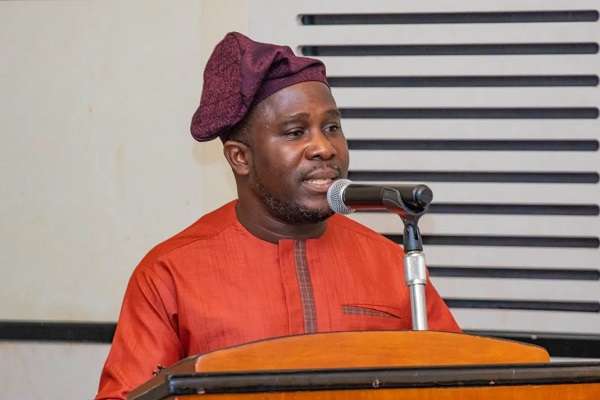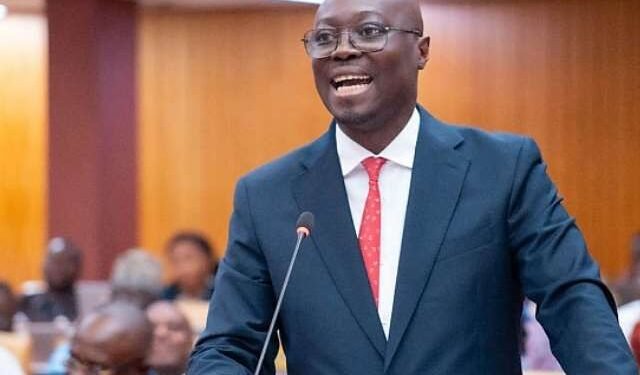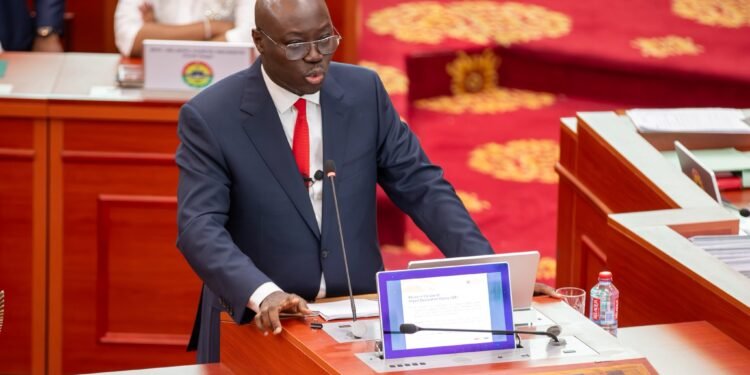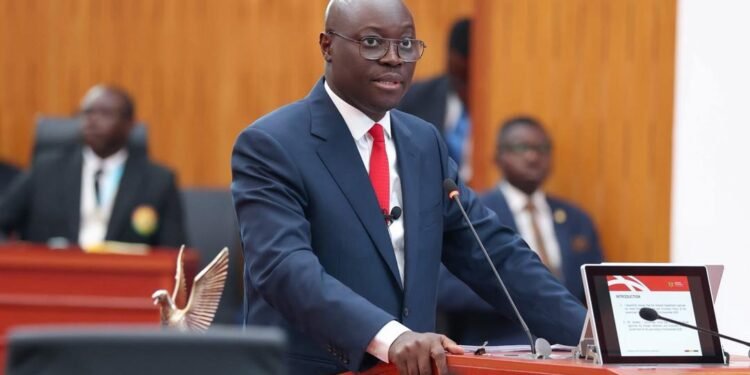Ghana’s persistent power outages are expected to continue until the end of the year unless urgent steps are taken to address critical issues within the energy sector.
This stark warning was issued by the Executive Director of the Institute for Energy Security (IES), Nana Amoasi VII, following recent reports of widespread intermittent power supply, raising concerns about the stability of the national electricity grid.
“Until the ECG fixes its inefficiency, collects enough revenue, and ensures that each participant within the energy sector gets a fair share, we will continue to have this challenge.”
Nana Amoasi VII, Executive Director of the Institute for Energy Security (IES)
Nana Amoasi VII attributed the crisis to several key factors, including inefficiencies within the Electricity Company of Ghana (ECG), ageing infrastructure, and financial constraints affecting major energy sector players.
He stressed that Ghana’s power generation capacity is critically low, with demand frequently meeting or surpassing available supply.
He further explained that power plants often experience fuel shortages or forced maintenance shutdowns, significantly impacting electricity distribution.
Nana Amoasi VII highlighted the ripple effect of ECG’s inefficiencies, stating that Ghana Grid Company Limited (GRIDCo), the national electricity transmitter, is unable to invest in upgrading its ageing infrastructure.
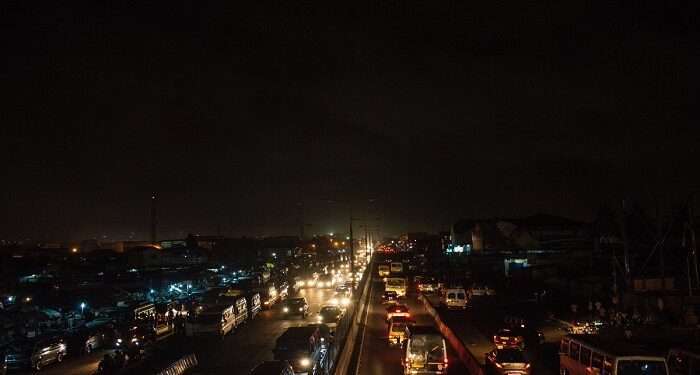
Additionally, power generators, both public and private, struggle to sustain production due to financial constraints, while gas suppliers such as the West African Gas Pipeline Company (WAPCo) face challenges in maintaining a steady supply of natural gas to power plants.
A major factor exacerbating the crisis is the government’s inability to settle an outstanding $75 million debt owed to N-Gas Limited, which supplies gas to Ghana through the West Africa Gas Pipeline. The financial burden has led to supply disruptions, worsening the power situation.
Minister for Energy and Green Transition, John Jinapor, acknowledged the severity of the situation and appealed to the public to bear with the government. He noted that the lack of spare capacity was a major contributing factor to the current crisis.
However, given the tight fiscal situation, he admitted that settling the entire debt at once would be challenging. He expressed confidence that negotiations with N-Gas would lead to a feasible payment plan that could gradually resolve the supply deficit.
Power Outages Reforms

Energy experts and industry stakeholders have urged the government to implement structural reforms to address the underlying causes of the power crisis.
Nana Amoasi VII emphasized the need for a comprehensive revenue collection strategy by ECG to improve its financial position. He also called for “increased investment in power infrastructure to enhance efficiency and reliability.”
One of the key recommendations is the restructuring of ECG’s operations to reduce inefficiencies and curb financial losses.
Improved revenue collection mechanisms, including the use of prepaid metering systems and stricter enforcement of bill payments, could help bridge the financial gap within the energy sector.
While the government has acknowledged the challenges facing the energy sector, concerns remain over the speed and effectiveness of its response.
Without a concrete timeline for resolving the debt owed to N-Gas and addressing structural inefficiencies, energy experts remain skeptical about a quick resolution to the crisis.
As Ghana continues to grapple with its energy challenges, it remains to be seen whether the government’s interventions will be sufficient to prevent prolonged power outages.

With businesses and households bearing the brunt of dumsor, the call for urgent and sustainable energy sector reforms has never been louder.
The warning by Nana Amoasi VII underscores the urgent need for immediate action to address Ghana’s power crisis.
Without decisive measures to improve revenue collection, invest in infrastructure, and settle outstanding debts, the country risks prolonged energy instability.
As the government navigates the complexities of the energy sector, Ghanaians will be watching closely for tangible solutions that can restore reliable power supply and support economic growth.
READ ALSO: Uganda’s Kizza Besigye Faces Treason Charges

